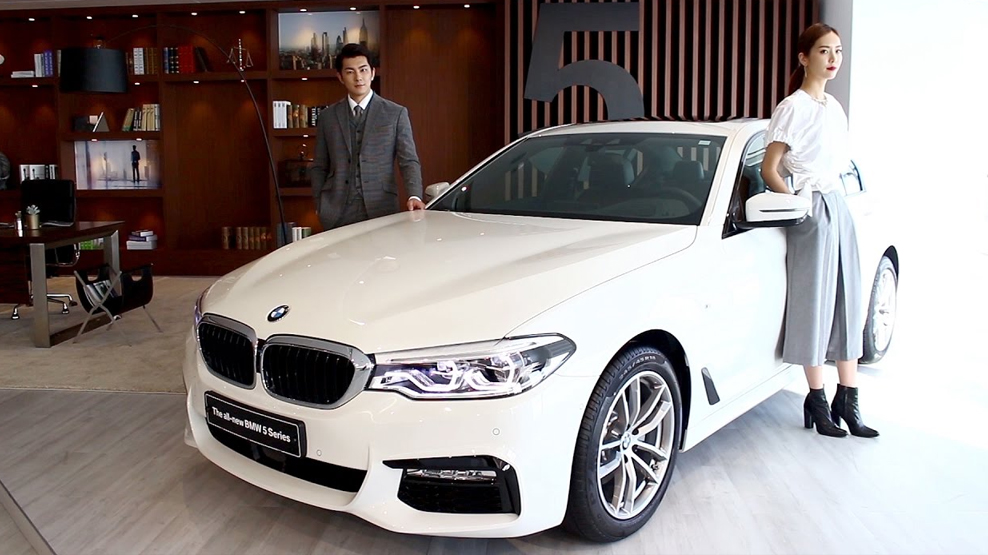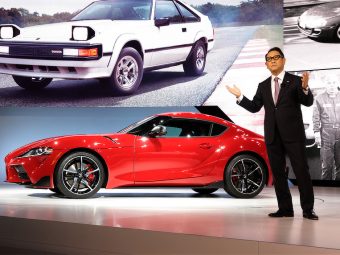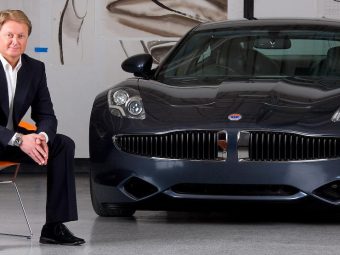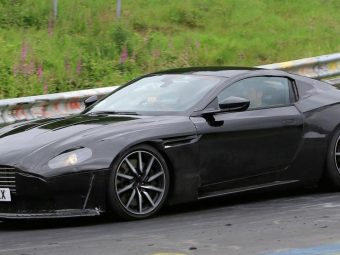The narrative we are trying to develop here on DCB is that BMW, a premium luxury brand, is making rubbish BMWs. We do not have any strategy or endgame our opinion is simply based on the evidence to hand, as the great Ben once said to us we should approach journalism with a critical analysis. OK, let’s do so. Take for example the 2018 JD Power Survey, UK. BMW ranked as the least reliable manufacturer with South Korean brands, Hyundai and Kia, ranking 1st and 3rd respectively.
One could easily suggest that BMW is rubbish after all the company has been making cars for a longer period compared to the South Korean auto brands. However, it is impossible to equate that all BMW’s are ‘rubbish’ purely based their bad performance in the JD Power list.
Does BMW really have a track record of making rubbish premium luxury cars? Consumers from South Korea might well agree with this talking point after the country’s transport ministry banned 20,000 vehicles following a series of engine fires.
Between the period of January and July, 27 BMWs caught fire, BMW South Korea finally stepped up and apologized which is more or less admitting guilt with the hope that adopting cultural humility will avoid potential class action lawsuits.
As of August 20, 2018, BMW has ordered a recall of 106,000 diesel engine cars, to include the 520d, the recall includes 20,000 BMW’s that have not yet received safety calls.
BMW has identified the defect which pertains to the exhaust gas recirculation system, meanwhile the South Korean government is conducting a separate probe to decide whether legal action is necessary.
This isn’t the first time BMW has been caught making and selling rubbish BMWs, a recent BBC investigation, by its consumer complaints and advice TV show, Watchdog, revealed BMW continue to make and sell rubbish cars.
Watchdog found that owners of rubbish BMWs experienced a sudden stall without warning, the negative TV coverage forced BMW into recalling over 300,000 vehicles.
It is impossible to know if BMW knew about any of these defects prior to selling, however, it is equally possible they knew of the defects but decided not to do anything because such decisions are ruled by profit margin motives.
That is to say, car companies will specifically determine that it is cheaper not to be safe than actually being safe despite complying with mandatory crash test regulations.
The irony is that companies like BMW use the positive results of meeting crash test regulations as a form of to piggy-back marketing, to distill an illusion of being concerned with consumer safety when the evidence clearly suggests otherwise.








